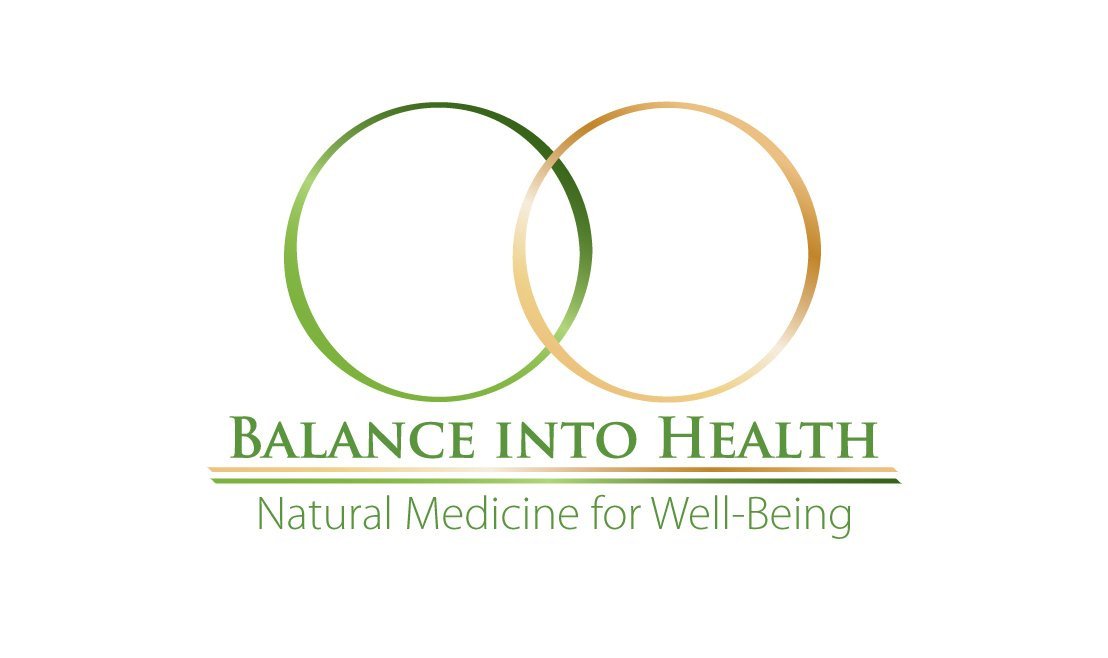Your blood type matters in ways that might surprise you: It's tied to your risk of heart disease, how much you get bit by mosquitoes and more. There's even a diet based on blood type, which proposes that people with type O blood should focus on eating different foods than, say, those with type A or B. For example, people with blood type A are advised to avoid eating red meat, and those with type O are advised to do the opposite. The general thrust of the diet is that there are optimal foods for people with various blood types O, A, B and AB. Part of the claim hinges on the idea that blood types serve as maps of our ancestral history and genetics, and that the foods commonly eaten by our ancestors are better suited for our bodies, even in the modern day.
Read MoreVitamins and minerals are essential nutrients because they perform hundreds of roles in the body. There is a fine line between getting enough of these nutrients (which is healthy) and getting too much (which can end up harming you). Eating a healthy diet remains the best way to get sufficient amounts of the vitamins and minerals you need.
Read MoreHormone balance is an essential part of wellbeing, especially for women. Our hormones fluctuate a great deal throughout the month, and throughout our lives — your hormones are quite different in your thirties and forties than they were in your twenties. To help get your hormones back in check, hormone balancing foods can help.
Read MoreThe immune system is not one single entity - it's a complex interconnected system that evolves as we age. Apart from fighting viruses, bacteria, fungi and parasites, the immune system also plays an important role in tissue repair - wound healing, elimination of dead cells, and formation of gut microbiota. In babies, the immune system is fragile and still developing for the first 3 months of life. Fortunately, nature designed us so that antibodies flood a baby’s system straight after birth to provide protection from infection.
Read MoreNo matter what you call Moringa oleifera — also known as “drumstick tree,” “tree of life,” and “miracle tree” — it's one of the most nutritious plants in the world. It has a wide range of nutritional and bioactive compounds, including essential amino acids, carbohydrates, fiber, vitamins, minerals and phytonutrients, making this plant a powerful one.
Read MoreBiogenealogy is a theory whose primary thesis is that illness is a response to an emotional trauma or shock experienced in a person’s life or in the life of an ancestor. What we call illness is actually a biological response to resolve a conflict. Why do we get sick? Simply put, it allows us to look at something that isn’t working for us. It’s an opportunity to change it.
Read MoreCold sores, or fever blisters, are caused by the herpes simplex virus type 1 (HSV-1, also known as oral herpes). While there is no cure, this condition can be treated with common antiviral medications such as valacyclovir or acyclovir. A supplement you might take in addition to antivirals is lysine, an essential amino acid found in protein. It isn’t produced in your body, so you must consume it via an oral supplement or through diet.
Read MoreThe way we think about the word “diet” today is as something borne of restriction that helps you lose weight. The Mediterranean diet couldn’t be further from that. Rather, it’s a heart-healthy eating pattern that includes the food staples of people who live in the countries around the Mediterranean Sea, such as Greece, Croatia, and Italy. These meals emphasize a plant-based eating approach loaded with vegetables and healthy fats, including olive oil and omega-3 fatty acids from fish. It’s a diet known for being heart-healthy, rich in fruits and vegetables, whole grains, seafood, nuts and legumes, and olive oil. On this plan, one limits or avoids red meat, sugary foods, and excessive dairy.
Read More







